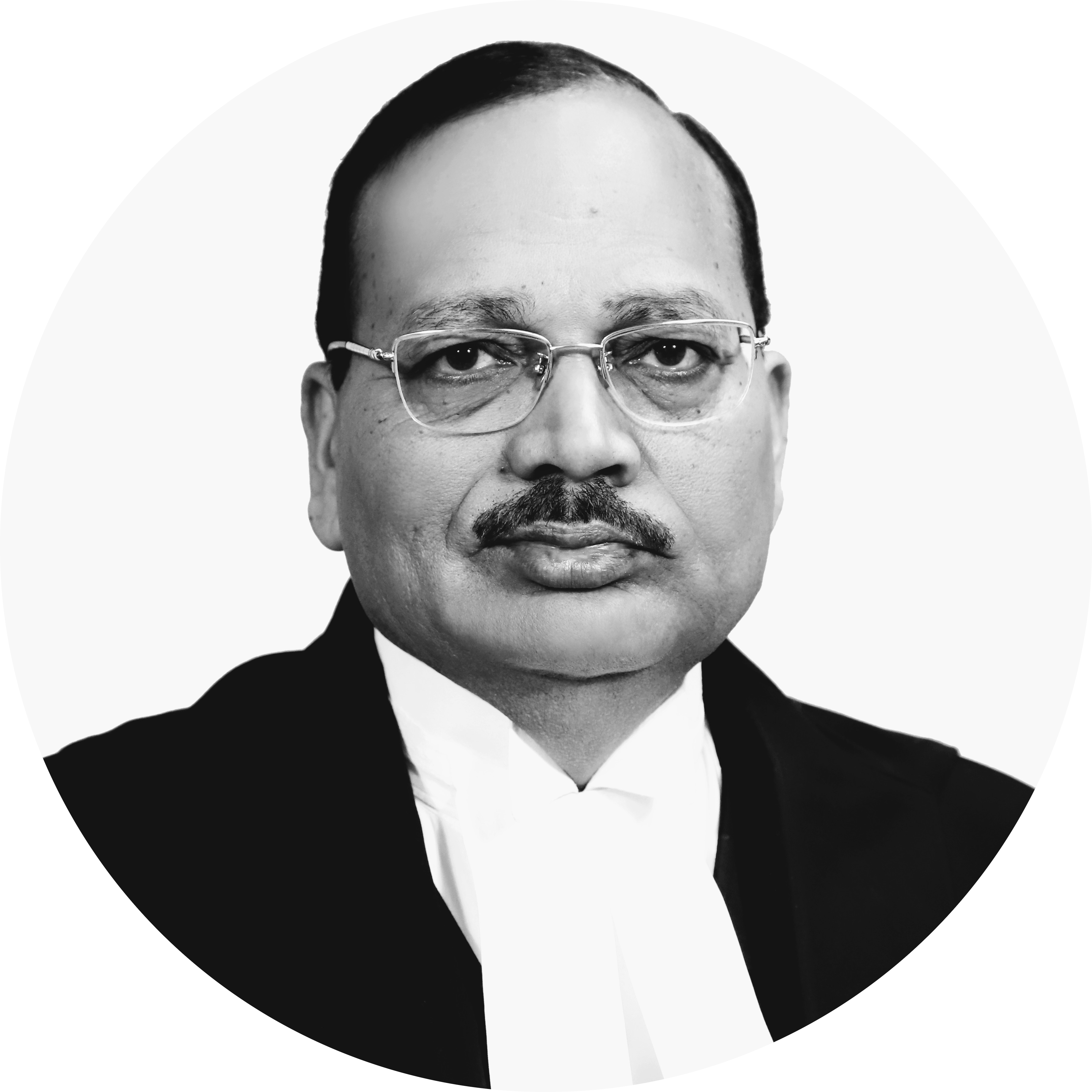Vacancies in Information Commissions
Anjali Bharadwaj v Union of India
The Court is monitoring the steps taken by the Union and State governments to fill vacancies in the Central and State Information Commissions.
Pending
Parties
Petitioners: Anjali Bhardwaj, Commodore Lokesh K Batra (Retd), Amrita Johri
Lawyers: Advocate Prashant Bhushan
Respondents: Union of India, State of West Bengal through the Chief Secretary, State of Andhra Pradesh through the Chief Secretary, State of Maharashtra through the Chief Secretary, State of Kerala through the Chief Secretary, State of Gujarat through the Chief Secretary, State of Odisha through the Chief Secretary, State of Karnataka through the Chief Secretary, State of Telangana through the Chief Secretary
Lawyers: Senior Advocate Ravi Prakash Mehrotra, Advocates Nishant Ramakantrao Katneshwarkar, Arvind Kumar Sharma, V. N. Raghupathy, G. Prakash, Hemantika Wahi, Venkat Palwai Law Associates, Madhumita Bhattacharjee, Guntur Prabhakar
Case Details
Case Number: W.P.(C) No. 436/2018; MA 1979/2019
Next Hearing: March 4, 2025
Last Updated: January 21, 2025
Key Issues
Are the directions issued by the Supreme Court in Anjali Bhardwaj v Union of India (2019) regarding the timely filling of vacancies in the Central and State Information Commissions effectively complied with by the Union and State governments?
Are unfilled vacancies impacting the functioning of the Information Commissions, particularly regarding the backlog of appeals and complaints under the Right to Information (RTI) Act, 2005?
Whether the Department of Personnel and Training (DoPT) and State governments are fulfilling their responsibility to ensure the appointment of Information Commissioners within the stipulated time frames?
Case Description
In March 2018, Satark Nagrik Sangathan (SNS), a registered citizen’s group and the Centre for Equity Studies (CES), a Delhi-based autonomous institution published the “Report Card on the Performance of Information Commissions in India.” The report revealed that the time period for appeals to be heard in eight State Information Commissions (SICs) across India exceeded a year. It noted that four posts of Information Commissioners were vacant in the Central Information Commission (CIC), with over 23,500 pending appeals and no effective steps had been taken to fill the vacancies. The report highlighted that the delay, caused by a substantial backlog of cases, undermined the autonomy of the commissions and impeded their ability to operate effectively.
On 25 April 2018, Anjali Bhardwaj, a transparency activist, founder of SNS, and co-convenor of the National Campaign for People’s Right to Information, filed a Public Interest Litigation under Article 32 of the Constitution in the Supreme Court. She was joined by co-petitioners activist Amrita Johri and retired commodore Lokesh K. Batra. The petition was inspired by SNS and CES’s report.
The petition sought to address the ineffective implementation of the Right to Information Act, 2005 (RTI Act). The petitioners contended that citizens’ fundamental right to access information from public authorities was being undermined due to persistent vacancies in the CICs and SICs. These statutory bodies were tasked with adjudicating appeals and complaints under the RTI Act.
On 15 February 2019, a bench of Justices A.K. Sikri and S. Abdul Nazeer issued directions to enhance the transparency and efficiency of the appointment process for Information Commissioners under the RTI Act. They mandated the Central and State Governments to publish all relevant information regarding appointments, including the advertisement, applicant details and Selection Committee composition.
The bench held that the Chief Information Commissioner and the Information Commissioners of the CIC should be appointed on the same terms and conditions as applicable to the Chief Election Commissioner and the Election Commissioners respectively. The Court also emphasised the need to promptly fill up vacancies, proposing that the process be initiated one to two months before a vacancy emerges.
On 11 September 2019, Bhardwaj filed an application seeking compliance with the Supreme Court’s directions. The application sought compliance status from the Union and the State governments regarding the directions to fill vacancies in CICs and SICs.
On 18 August 2019, Advocate Prashant Bhushan, representing the petitioners, argued that despite the Supreme Court’s 2019 judgment in Anjali Bhardwaj and Ors v Union of India, the vacancies in the CIC and several SICs remained unfilled. He highlighted that this failure to make timely appointments had resulted in a significant backlog of cases and prolonged delays in the resolution of appeals and complaints.
On 9 August 2021, a bench of Justices Nazeer and Krishna Murari tagged a civil writ petition Shailesh Poddar v State of Jharkhand with the application. The Shailesh Poddar petition highlighted pending vacancies in the SIC for Jharkhand for the State Chief Information Commissioner and other information commissioner posts. It also argued that the non-appointment of information commissioners had made the Jharkhand SIC defunct.
On 30 October 2023, a bench led by then-Chief Justice D.Y. Chandrachud and Justices J.B. Pardiwala and Manoj Misra expressed dissatisfaction with the States and the Union’s failure to fill the vacancies. It also directed the Department of Personnel and Training (DoPT) to prepare a chart on the number of vacancies, and appeals/complaints in all the commissions. “The failure of the State governments to fill posts of Information Commissioners defeats the purpose of the RTI Act and affects the right of information which becomes a ‘dead letter’ if vacancies are not filled up,” the CJI noted in the order.
On 26 November 2024, a bench of Justices Surya Kant and Ujjal Bhuyan passed an order directing the Union and states to furnish data regarding vacancies in the CIC and SICs as well as the proposed timelines for appointment of Information Commissioners.
On 7 January 2025, a bench comprising Justices Kant and N. Kotiswar Singh directed the DoPT to provide timelines for completing the CIC selection process and disclose the list of applicants. Justice Kant remarked, “Whatever sanctioned posts exist in the Central/State Information Commissions, they need to be filled. Otherwise, what is the use of creating an institution if it does not have people to perform its duties?”
To expedite the process in Jharkhand, the Court ordered a member of the Selection Committee to be nominated by the largest opposition party, with appointments to be made within six weeks. The selection process for Jharkhand could not begin due to the absence of a Leader of Opposition (LoP) in the Vidhan Sabha after the November 2024 assembly elections.
For other states, the Court set deadlines for notifying applicant lists within one week, Search Committee composition within one week from the date of notification of applicants and interview timelines not exceeding six weeks from the date of notification of the Search Committee’s composition. It also provided a two-week period to the competent authorities for making appointments after receiving recommendations. States were also asked to report case pendency before the Information Commissions.
The matter is next listed to be heard on 4 March 2025.


